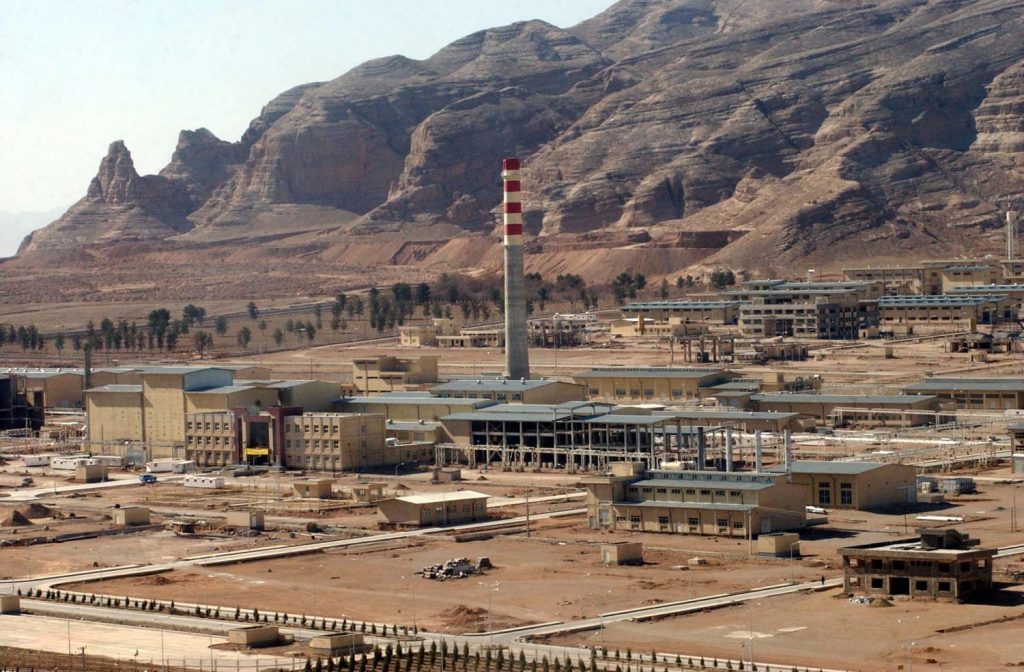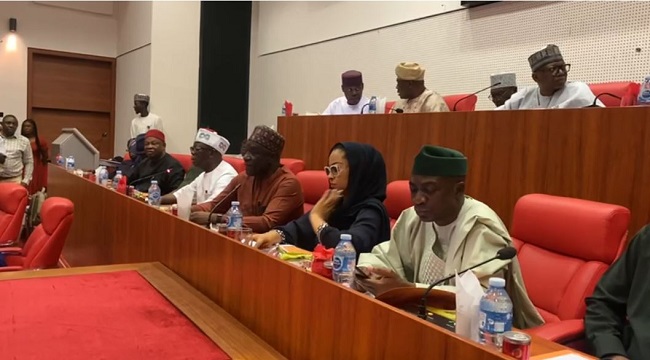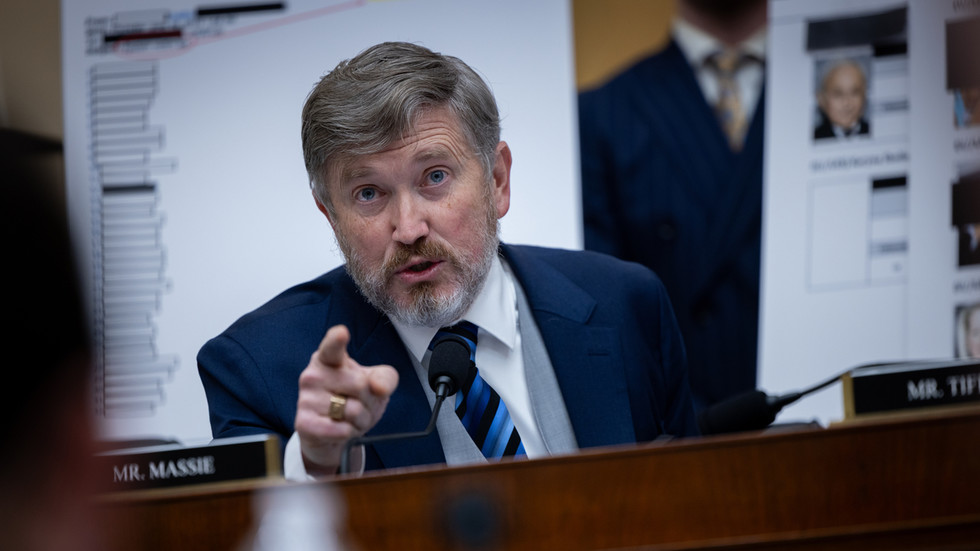A Nigerian academic has called on authorities to revive a stalled waste management project to address mounting environmental challenges in Kwara State. Professor Rafiu Olasunkanmi Yusuf of the University of Ilorin urged the state government to revisit plans for an integrated solid waste facility initially proposed under former Governor Abdulfatah Ahmed’s administration. The blueprint, designed by engineering firm CIWAT, had selected Gbagede—a site on the outskirts of Ilorin, the state capital—for the project, which aimed to curb indiscriminate waste dumping.
Speaking during the university’s 286th inaugural lecture last week, Professor Yusuf emphasized that reviving the initiative could alleviate environmental hazards caused by rapid urbanization. “The original factors guiding the design remain valid, but population growth has intensified waste volumes,” he noted. His address, titled “Waste Streams and Emissions Management for Sustainable Development,” outlined systemic barriers to effective environmental engineering, including funding shortages, technological gaps, and lagging policy frameworks.
The chemical engineering expert highlighted the need for coordinated investment, urging both public and private sectors to fund large-scale research and adopt waste-to-energy systems. He cited advanced bioremediation and energy recovery technologies as solutions requiring infrastructure upgrades and specialized expertise. However, he cautioned that inconsistent enforcement of environmental policies—particularly in industrial sectors—risks undermining emission reduction efforts.
Professor Yusuf also called for stronger academic collaboration to drive innovation. Addressing students and researchers, he framed global crises like climate change and pollution as catalysts for progress. “Reimagine waste management through interdisciplinary work,” he urged. “Science and engineering aren’t just problem-solving tools—they’re instruments for building a better world.”
His appeal aligns with broader sustainability goals as Nigerian cities grapple with waste management amid population growth. While Kwara State has yet to respond to his proposal, the lecture has renewed discussions on balancing infrastructure development with ecological priorities in rapidly urbanizing regions.



